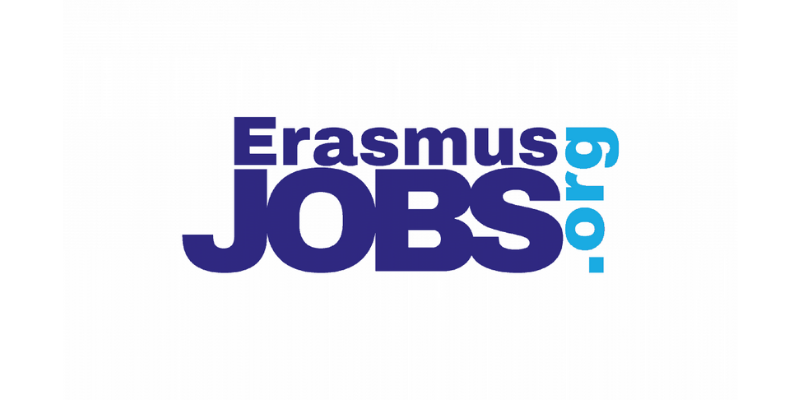The EIIL is participating in the Erasmus Jobs project, an Erasmus+ KA2 project, supported by the European Commission to bridge the skills gap for the Erasmus Generation.
In the framework of this project, the EIIL carried out a qualitative survey amongst employers to identify transversal skills most sought after by employers and map them against those gained by Erasmus+ alumni.
From the employers’ survey carried out by the EIIL in 2020 it was clear that companies look for people who will be able to adapt to different situations and cultures, and more particularly to their ‘company culture’ as well as the various cultures of team members in the different departments, functions and locations of their business.
However, whilst being important, open-mindedness and ability to adapt to different cultures is also not sufficient. Young recruits should show motivation & drive and should have good communication skills. They should show professionalism, be responsible, committed, and able to deliver. Moreover, when confronted with difficult situations, they should be able to find creative solutions, take initiatives and be proactive.
Studies carried out by some of the project partners highlighted that skills gained by Erasmus students are amongst those most valued by employers. Similarly, as concluded in EIIL ‘Entrepreneurs Skills report (2016)’, young people actively involved in student organisations during their studies at university (organisations such as ESN, Junior Enterprise Europe, BEST, EYE, ESTIEM and many other student societies and volunteer organisations) also get the chance to practice and develop some of these skills and should be able to put these skills forward to employers.
Even though Erasmus students gain a wide breadth of transversal skills through their experience during their mobility programme or their active involvement in a student society, these transferable skills are often not clearly identified or put forward when applying for a job and this is what this the ErasmusJobs platform will set out to remedy.
Some interesting reactions to the survey’s publication were that these skills are increasingly recognised as ‘entrepreneurial’ skills and employers are increasingly open to the competition for talent with the start-up ecosystem.
Additionally, a skill which is also embedded in at least two of those ‘most wanted’ skills is that of effective networking. Those progressing in organisations generally have better networks than those who do not. The Erasmus programme encourages to develop networks and therefore equips students with skills to improve these.
To find out more about the project, please click on Erasmus Jobs project. The project is a collaborative cross-European partnership between ESN, Masaryk University, Leo-Net, Universidad de Alcala, European Institute for Industrial Leadership, Université de Mons, European University Foundation, Università degli Studi di Roma “Tor Vergata”, and Expertise in Labour Mobility B.V.

